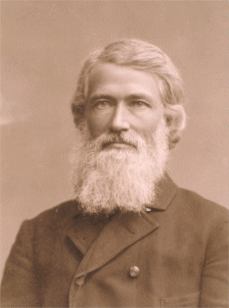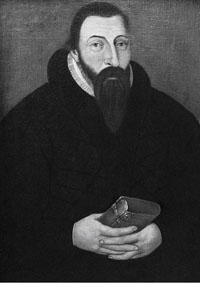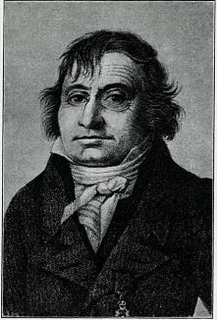Knut Helle was a Norwegian historian. A professor at the University of Bergen from 1973 to 2000, he specialized in the late medieval history of Norway. He has contributed to several large works.

Jens Holmboe was a Norwegian botanist, professor and author.

Gerhard von der Lippe Gran was a Norwegian literary historian, professor, magazine editor, essayist and biographer.
Carl Harald Beyer was a Norwegian literary historian and lecturer, literary critic, textbook writer and professor of European literature at the University of Bergen.

Johan Ernst Welhaven Sars was a Norwegian professor, historian, author and editor. His main work was Udsigt over den norske Historie, four volumes issued from 1873 to 1891. He co-edited the magazines Nyt norsk Tidskrift from 1877 to 1878, and Nyt Tidsskrift from 1882 to 1887. He was politically active for the Liberal Party of Norway and among the party's most central theoreticians.

Jens Nilssøn (1538–1600) was a Norwegian clergyman, educator, poet and author. He served as the Bishop of Oslo from 1580 to 1600.
Jens Boalth was a Norwegian educator. He was Rector at the Bergen Cathedral School and a driving force behind cultural development in Bergen, Norway.

Frants Berg was a Danish clergyman who served as the Bishop of Oslo.
Events in the year 1564 in Norway.
Events from the year 1624 in Denmark.
Events in the year 1692 in Norway.

Jens Rathke was a Norwegian professor, scientist and zoologist.
Hans Hansen Lilienskiold was a Norwegian jurist, government official, civil servant and land owner. He was a member of the Lilienskiold noble family and served as County Governor of Finnmark. He is particularly remembered as an author for his works on the topography and culture of Finnmark.
Events in the year 1624 in Norway.
Events in the year 1600 in Norway.

Claus Fasting was a Norwegian playwright, literary critic, editor and civil servant. Among his literary works were the song Harmonisang (1769) and his journals Provinzialsamlinger (1791).
Gert Miltzow was a Norwegian clergyman, theologian and historical writer.
Christian Stub was a Norwegian jurist, law historian and civil servant. He was born in Christiania, Norway and attended the Christiania Latin School. He graduated from the University of Copenhagen in 1714. He subsequently worked as a customs inspector in Copenhagen and later at Bergen. From 1731 to 1735 he served as General Customs Manager for the part of Norway north of the Dovrefjell mountain range.
Anders Bendssøn Dall was a Danish Lutheran prelate of the Church of Norway who served as Bishop of Oslo from 1601 to 1607. He played an important role in proposing a new church ordinance for the Norwegian Church to have more autonomy from the Church of Denmark.
Ludvig Hanssøn Munthe was the Bishop of the Diocese of Bjørgvin from 1636 to 1649.







